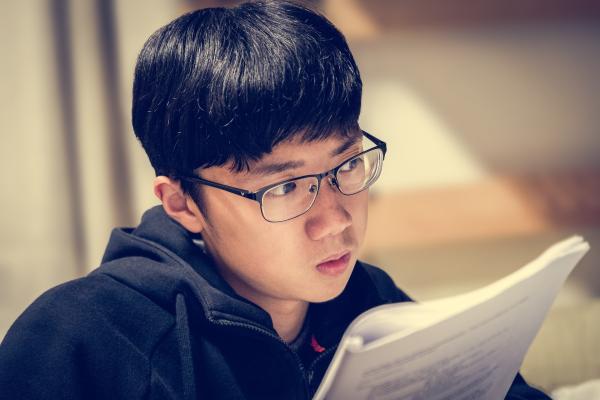“Back in February we saw a dramatic example of world regulatory coordination. Around the world public health authorities were talking about treating this virus like they had treated all the others in the last few decades. But then world elites talked a lot, and suddenly they all agreed that this virus must be treated differently, such as with lockdowns and masks. Most public health authorities quickly caved, and then most of the world adopted the same policies.”
Often when we speak of globalization, it is about trade or jobs. But there is also a globalization of regulations. If you want to sell digital applications in the EU and the US, the stricter EU privacy standards are the default. Robin Hanson provides his perspective in The World Forager Elite. While I disagree with Hanson’s biologic views, he is a believer in cryonics; one can learn from those with whom we disagree. And in this case, his viewpoints are skewed just enough to give us insight into our behavior. For me, it was a moment outside my usual info-bubble.
“Fungi are veteran survivors of ecological disruption. Their ability to cling on—and often flourish—through periods of catastrophic change is one of their defining characteristics. They are inventive, flexible, and collaborative. With much of life on Earth threatened by human activity, are there ways we can partner with fungi to help us adapt? Stamets and a growing number of mycologists think exactly this. Many symbioses have formed in times of crisis. The algal partner in a lichen can’t make a living on bare rock without striking up a relationship with a fungus. Might it be that we can’t adjust to life on a damaged planet without cultivating new fungal relationships?”
I first ran across Paul Stamets, the center of this article, from reading a book written by the article’s author, Merlin Sheldrake. Both are fascinating, but not nearly as much as understanding the fungus among us. From Natuil.us, The Fungal Evangelist Who Would Save the Bees. And for a deeper dive, consider Sheldrake’s book, Entangled Life: How Fungi Make Our Worlds, Change Our Minds & Shape Our Futures
When the ACSH was founded, over four decades ago, there was still a place for discussion, especially about controversial science. While our mission to debunk the junk remains, learned discourse just doesn’t get the eyeballs or ears. That is not just a dilemma for us, but for many scientists hoping to inform the public.
“Many scientists hope that by doing a better job of explaining science, they can move the needle toward scientific consensus on politically charged issues. As recent studies from Michigan State University found, scientists’ top reason for engaging the public is to inform and defend science from misinformation.
It’s an admirable goal, but almost certainly destined to fail. This is because the way most scientists think about science communication—that just explaining the real science better will help—is plain wrong. In fact, it’s so wrong that it may have the opposite effect of what they’re trying to achieve.”
From Slate, Scientists, Stop Thinking Explaining Science Will Fix Things
“DouxMatok’s method of restructuring sugar crystals was invented by Baniel’s father, Avraham, an industrial chemist. He patented the technique five years ago, when he was ninety-six; today, at the age of a hundred and one, he has finally retired. At one point during my visit, Eran sifted through a pile of his father’s memorabilia—black-and-white photographs, identification cards, university certificates—to find illustrations for a forthcoming presentation about the company. Many of the photographs were new to Eran, and, as he tried to place them, the outline of his father’s life emerged: a six-year-old Polish boy sent to boarding school in what was then the British Palestine Mandate; a student at the University of Montpellier; a promising young scientist, strikingly handsome, exempted from serving in the British Army’s Palestine Regiment so that he could make bombs in the basement of a paint factory near Haifa.”
And he is only one of the players in this tech drive for a less sugary sugar, no artificial ingredients (except for a bit of silica?) need apply. From the New Yorker, The Race to Redesign Sugar




